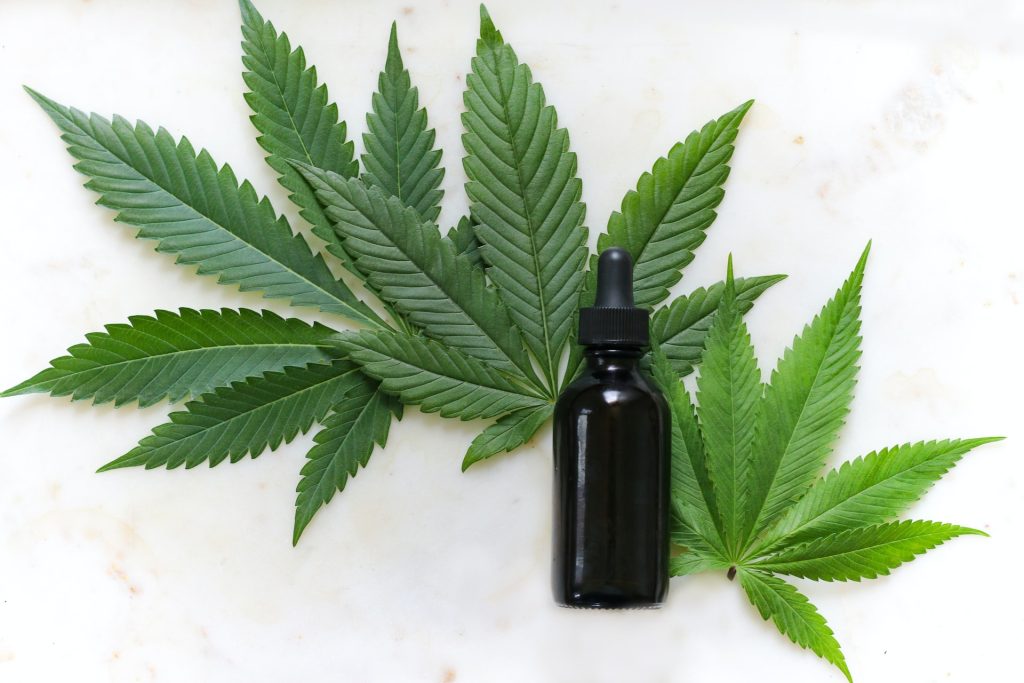A panel of Health Ministry experts in Japan recommended that the traditionally anti-cannabis country should legalize cannabis-based medicines. However, while the move would appear to be a lightening of the country’s strict cannabis bans, it would likely have the opposite effect insofar as recreational cannabis is concerned, with the panel recommending a tightening of recreational cannabis law.
Japan Might Legalize Cannabis-Derived Medicine despite Strict Cannabis Bans


Japan should approve the use of cannabis-based medicines, a panel of experts from the Health Ministry recommended, paving the way for a possible revision of strict drug laws.
However, while the recommendation is a promising sign for cannabis in a notoriously anti-cannabis country like Japan, it remains a recommendation, with nothing concrete put in place yet. Should Japan act on the recommendation, we will provide ongoing updates here, which you can follow by downloading our free cannabis news app.
If Medical Cannabis is Legalized, Japan Will Maintain its Strict Ban on Recreational Cannabis
The recommended change would not affect Japan’s “zero tolerance” policy on the recreational use of cannabis; on the contrary, the same panel would propose tightening rules on its non-medical use.
Laws against cannabis are particularly severe in Japan, where international stars have been affected – ex-Beatle Paul McCartney, who spent nine days in prison in 1980 after the discovery of cannabis in his luggage, is among them.
Japanese Government Discussing Cannabis-Derived Medicine
For several months now, the Japanese government has been discussing the possible approval of cannabis-derived medicines, which many countries have already done to treat certain diseases, such as severe cases of epilepsy.
The Japanese Health Ministry’s expert group recommended that the government reviews legislation to allow the importation and manufacture of medicines that use cannabis components. However, it also called for a revision of the texts to clarify that recreational cannabis is a serious crime.
At the Moment, Cannabis Use Is Technically Legal in Japan
The recommendations would also close a loophole in Japan that makes cannabis use legal, even if possessing its buds, leaves, and roots is punishable by five years in prison or even seven in the case of sale for profit.
This paradox stems from an old measure to prevent Japanese hemp farmers from being arrested for inhaling psychoactive smoke when growing hemp to make rope.
With CBD Gaining Popularity, Panel Recommends Ban on THC
The panel’s recommendations come at a time when products containing cannabidiol (CBD), the non-psychotropic molecule in cannabis, are also gaining popularity in Japan.
The panel called for the current blanket ban on cannabis plants to be replaced by a prohibition on THC, its main psychoactive molecule. This would ensure that the emerging Japanese CBD industry is not restricted, a health ministry official told AFP, noting that “CBD is legal and is used in food supplements and cosmetics.”
The Japanese government will examine these recommendations, and legislative amendments can only be made after a bill has been submitted and passed by Parliament.
—
(Featured image by Kimzy Nanney via Unsplash)
DISCLAIMER: This article was written by a third-party contributor and does not reflect the opinion of Hemp.im, its management, staff, or its associates. Please review our disclaimer for more information.
This article may include forward-looking statements. These forward-looking statements generally are identified by the words “believe,” “project,” “estimate,” “become,” “plan,” “will,” and similar expressions. These forward-looking statements involve known and unknown risks as well as uncertainties, including those discussed in the following cautionary statements and elsewhere in this article and on this site. Although the Company may believe that its expectations are based on reasonable assumptions, the actual results that the Company may achieve may differ materially from any forward-looking statements, which reflect the opinions of the management of the Company only as of the date hereof. Additionally, please make sure to read these important disclosures.
First published by Monte Video, a third-party contributor translated and adapted the article from the original. In case of discrepancy, the original will prevail.
Although we made reasonable efforts to provide accurate translations, some parts may be incorrect. Hemp.im assumes no responsibility for errors, omissions, or ambiguities in the translations provided on this website. Any person or entity relying on translated content does so at their own risk. Hemp.im is not responsible for losses caused by such reliance on the accuracy or reliability of translated information. If you wish to report an error or inaccuracy in the translation, we encourage you to contact us.



Comments are closed for this post.